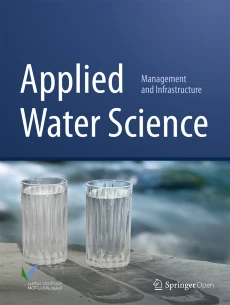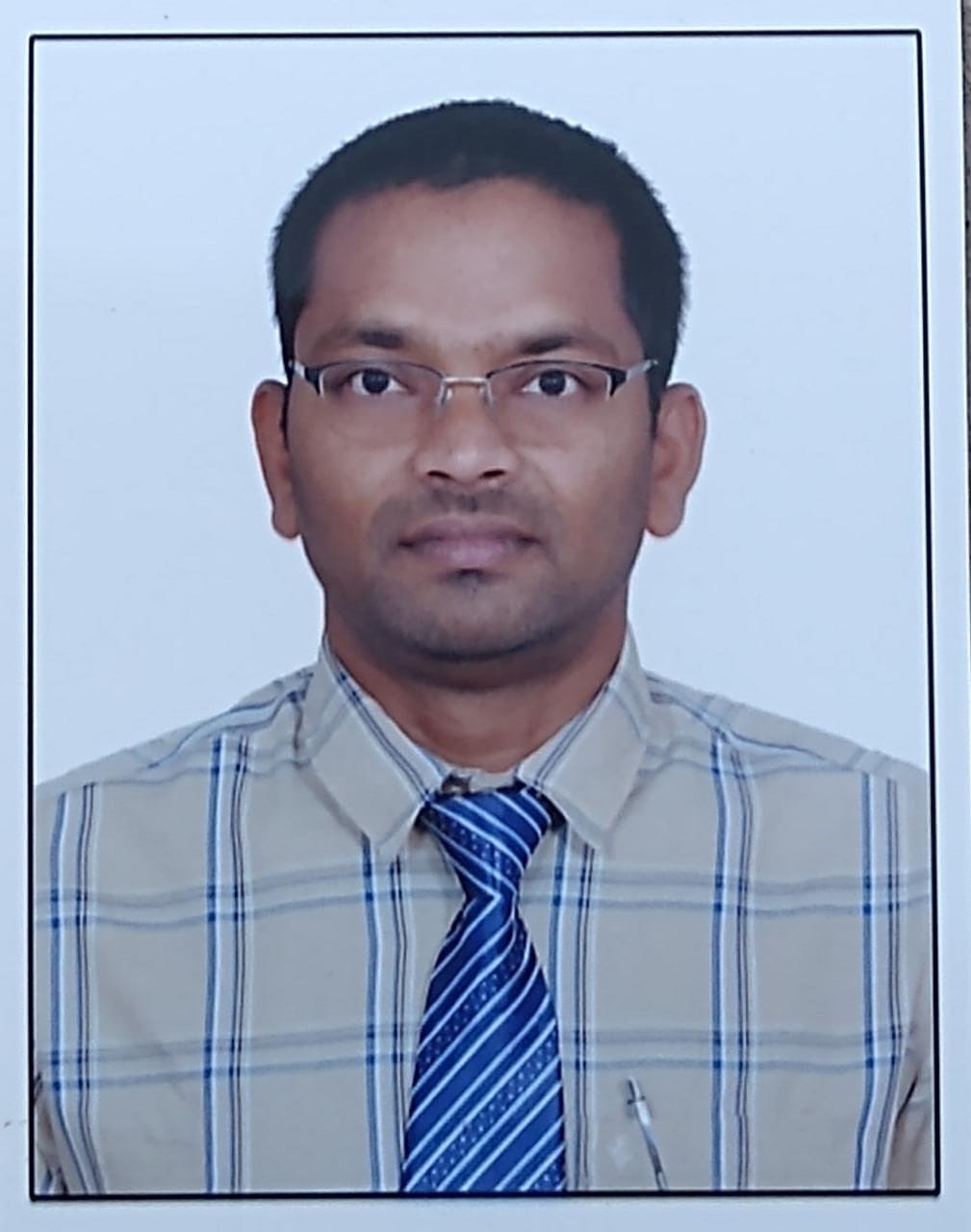The special issue titled “Groundwater in Urban Regions” which aims not only to
address groundwater quality but also to explore contamination and identify sources of
groundwater issues, particularly in urban areas worldwide. Over the past few decades,
urban expansion has been relentless across the globe. Simultaneously, reliance on
groundwater for domestic and irrigation purposes has steadily increased in both urban
and semi-urban regions. However, various factors such as massive industrial park
development, urbanization, population growth, municipal solid waste, uncontrolled
landfills, excessive fertilizer use, and climate change significantly impact the
environment and groundwater quality in most urban areas. Importantly, densely
populated urban regions discharge hazardous effluents, leading to groundwater
contamination. Consequently, numerous pollutants accumulate in these areas and
eventually infiltrate aquifers through geochemical processes, resulting in the degradation
of groundwater quality.
Groundwater pollution occurs in both urban and semi-urban regions and is
influenced by differences in chemical composition, biological and chemical reactions,
density, and proximity to discharge points. Specifically, residential and commercial
developments exert a significant influence on shallow groundwater quality, especially in
urban settings. The widespread nature of diffuse pollution sources in urban areas, making
it challenging to pinpoint the exact origins of pollutants. Subsequently, the contamination
of groundwater in urban regions not only impede the people economic growth but also
poses severe public health risks. Consequently, understanding the process of groundwater
contamination in urban areas is both urgent and essential because it directly shows
negative impact on human health and economic growth of urban populace. Therefore,
implementing several potential methods such as remote sensing, GIS, and geostatistical
techniques, can relatively help to address the groundwater contamination on both small
and large scale levels in urban regions. Simultaneously, implementing the appropriate the
remediation methods is crucial to minimize the groundwater contamination. Eventually,
these tools will enable us to identify the sources of groundwater pollution and also
subside the groundwater pollution in urban regions.
The special issue titled “Groundwater in Urban Regions” cordially invites
manuscript submissions from around the globe. We welcome a diverse range of
contributions, including regional studies, technical papers, and review manuscripts.
The special issue is particularly interested in the following topics:
⮚ Assessing groundwater quality in urban and semi-urban regions.
⮚ Implementing measures to control pollution of aquifers from diffuse sources.
⮚ Investigating hydrogeochemical processes that influence the fate of landfills and
municipal waste, including nitrate and other physicochemical parameters.
⮚ Examining the linkages between anthropogenic and geogenic groundwater
contaminants in urban and irrigation regions.
⮚ Understanding the factors that govern the spatial distribution and temporal
variations of groundwater chemistry in urban areas.
⮚ Conducting studies on risk assessment and utilizing geostatistical methods.
⮚ Analyzing groundwater contamination and its impacts on human health.
⮚ Exploring innovative remediation techniques such as bioremediation,
pump-and-treat systems, or in-situ chemical treatment to remove existing
contaminants from aquifers.
⮚ Assessing the potential of emerging technologies, including remote sensing,
sensor networks, and advanced modeling tools, to address the challenges of urban
groundwater contamination




